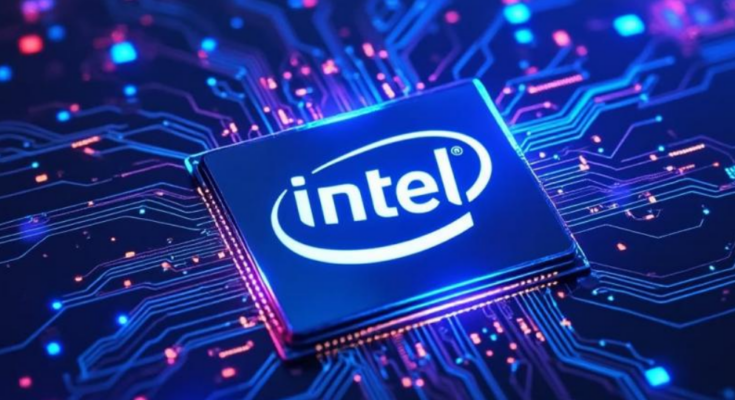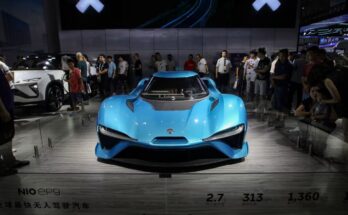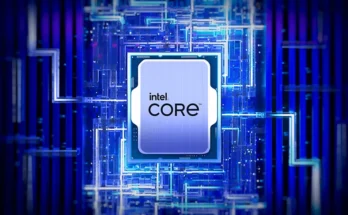Key Takeaways
- An anti-competitive lawsuit that would have cost Intel €1.06 billion in fines has been won.
- The EU claimed in 2009 that Intel had paid PC manufacturers to suppress rival AMD by abusing its power.
- Those allegations were overturned by the EU’s second-highest court in 2022, and the top court in the area has now reaffirmed the ruling.
In a protracted EU antitrust dispute that lasted more than 15 years, Intel has been given relief.
After a ten-year legal struggle against the European Commission, the Court of Justice of the European Union (CJEU) ruled in favor of Intel, according to Reuters. Intel has now avoided paying a €1.06 billion fine for its alleged anticompetitive actions in the EU thanks to this favorable ruling. Intel, which has been struggling financially due to mounting pressure from producers of laptop computers with ARM architecture, is relieved by the ruling.
In 2009, the bloc fined Intel €1.06 billion for providing special discounts to PC makers, such as Dell, HP, NEC, and Lenovo. The Commission said at the time that the chipmaker had abused its market dominance by giving PC manufacturers preferential treatment in an attempt to persuade them to purchase its CPUs and postpone the release of products that used AMD chips.
After being initially dismissed by the General Court, Europe’s second-highest court, located in Luxembourg, in 2014, the case bounced back and forth. In 2017, the matter was returned to the General Court after the Commission challenged this ruling to the Court of Justice. The General Court dismissed the allegations once more in 2022, concluding that the Commission’s analysis was “incomplete” and clearly lacked the legal justification to be classified as anti-competitive.
According to the European Court of Justice, it supports the General Court’s decision to nullify the Commission’s decision. This ruling is final and cannot be further challenged or appealed. “Any argument that aims to contest the Commission’s evaluations and has the potential to invalidate the conclusions that the Commission has reached should be examined by the General Court,” the Supreme Court added.
Even though Intel was exonerated of the anti-competitive charges, it still has to pay a lesser fine for allegedly paying PC manufacturers between 2002 and 2006 to postpone competing machines that had AMD CPUs.
In its 2022 ruling, the General Court referred to these duties imposed by Intel on PC manufacturers as “naked restrictions” and declared them illegal. The court, however, abstained from determining the precise punishment.
The EU reaffirmed the following year that Intel was still responsible for paying €376.36 million in penalty for attempting to obstruct competition. According to the WSJ, Intel may now be attempting to have these accusations rescinded as well, after first not objecting to the lower penalties.



